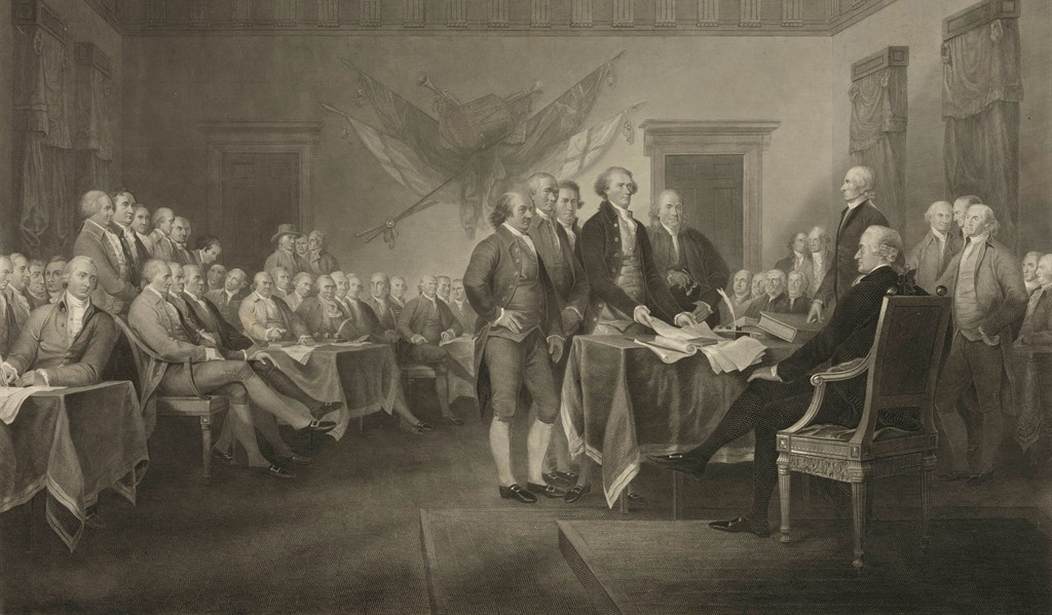Let’s rightly define some terms, shall we? Let’s check in with our old friend Merriam Webster.
“Of, relating to, or being legislation against or opposition to trusts or combinations. Specifically: Consisting of laws to protect trade and commerce from unlawful restraints and monopolies or unfair business practices.”
Antitrust is law created by government to address unfair market domination or practices by one or a few companies.
“Property (such as an idea, invention, or process) that derives from the work of the mind or intellect. Also: An application, right, or registration relating to this.”
Intellectual Property (IP) is law created by government to sanction and protect – for a finite period of time – exclusive use of something by the person or company that created it.
Get that? Antitrust law and IP law are diametrically opposed to one another.
IP creators receive explicit permission from government for exclusive use of their IP. Again to Merriam we go.
“A writing securing for a term of years the right to exclude others from making, using, or selling an invention.”
“The exclusive legal right to reproduce, publish, sell, or distribute the matter and form of something (such as a literary, musical, or artistic work).”
“To secure trademark rights for : register the trademark of.”
Get all that? “Exclude others…,” “exclusive legal right…,” “exclusive legal right….”
All of that means government is granting IP creators sole possession of their IP rights.
Antitrust as defined by Merriam is “unlawful restraints and monopolies.” Government granting the “restraints and monopolies” – by definition makes them lawful.
In a sane world, government would not grant exclusive rights to IP – and then persecute under antitrust law the people to whom they just granted exclusive rights to IP.
Most unfortunately, we do not live in a sane world.
Antitrust Enforcement And Intellectual Property Rights
Antitrust Cases Involving Patents
Copyright and Antitrust Issues
Qualcomm Suffers Court Setback in EU Antitrust Case
Complete Genomics Sues Illumina for Antitrust and Unfair Competition Violations
When a bit of sanity drifts by – we grasp for it as we would a life preserver. To wit:
“When an academic ‘discovers’ what ordinary mortals have known for eons, it’s called science.”
— Ilana Mercer
Academics finally “discovering” what we have already long known? Behold this extrusion from Stanford University….
Patent and Antitrust: Differing Shades of Meaning:
“The relationship between patent law and antitrust law has challenged legal minds since the emergence of antitrust law in the late 19th century.
“In reductionist form, the two concepts pose a natural contradiction: One encourages monopoly while the other restricts it.
“The inherent tension can be framed in the following manner: Can a body of case law that grants monopoly opportunities be reconciled with a body of case law that curtails monopolization.”
“The trend across time has been to try to harmonize the two, most recently in the direction of subsuming patent doctrines under antitrust doctrines.”
Ummm…yeah. That’s been the problem – we’ve been subsuming in the wrong direction.
Guess what’s in the Constitution? Guess what isn’t?
“The Copyright Clause (also known as the Intellectual Property Clause, Copyright and Patent Clause, or the Progress Clause) describes an enumerated power listed in the United States Constitution (Article I, Section 8, Clause 8).
“The clause states that:
“‘[the United States Congress shall have power] To promote the Progress of Science and useful Arts, by securing for limited Times to Authors and Inventors the exclusive Right to their respective Writings and Discoveries.’
“The clause is the basis of intellectual property laws in the United States, specifically copyright and patent laws.”
The Constitution is supposed to subsume any law that contradicts it. Per the Constitution.
Which means IP law subsumes antitrust law.
And lest we forget: The quite obvious fact that government isn’t supposed to license IP – and then attack via antitrust law the IP licenses they’ve just issued.
All of which means you cannot use antitrust law against IP.














Join the conversation as a VIP Member